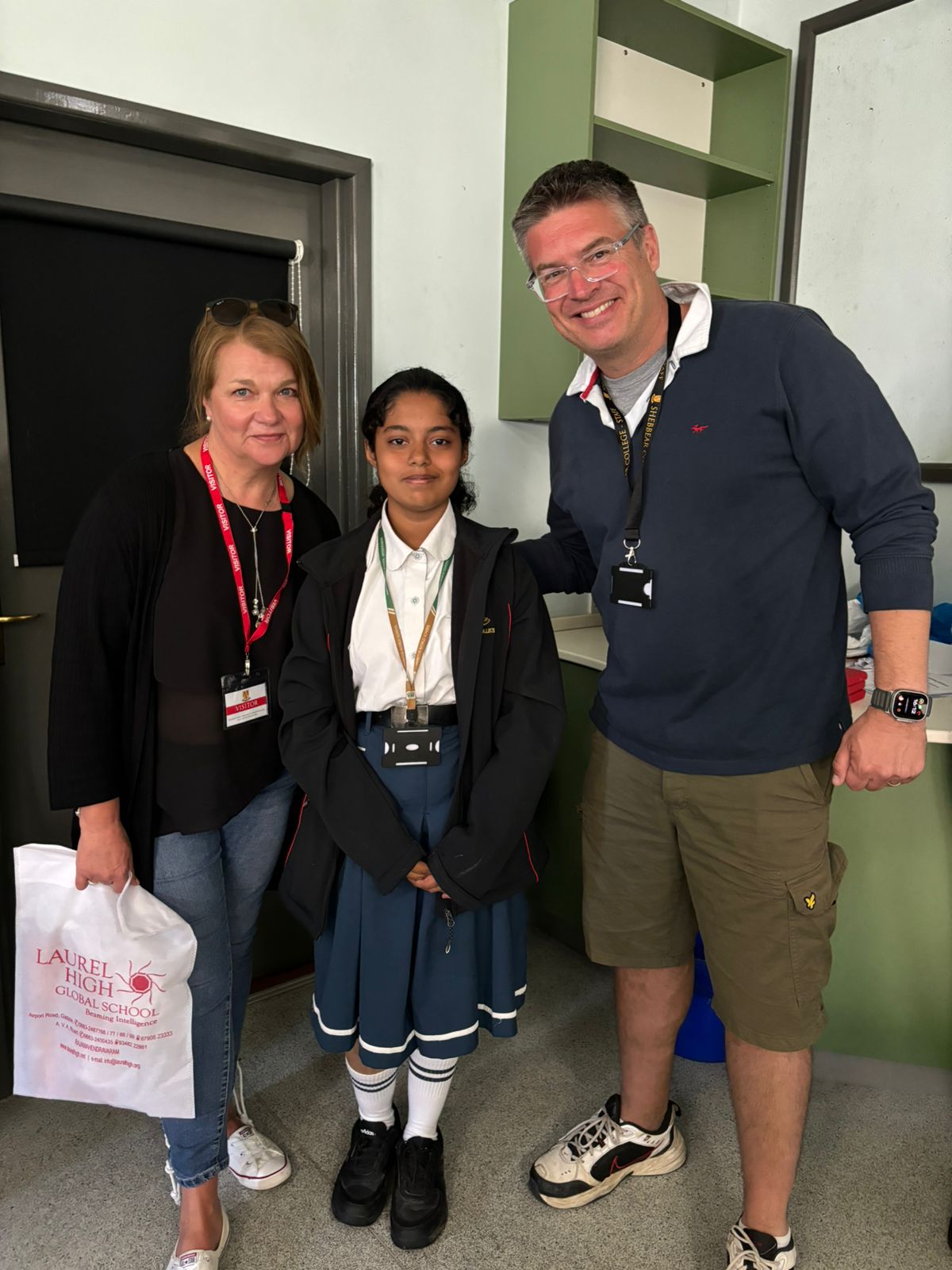Location: Devon,UK, Southwold, UK
Duration: 15 months
Cost: 3000
School: Devon,UK, Southwold, UK
Age: 13-17

I absolutely loved being part of this program and I hadn't imagined in my wildest dreams that I'll be collecting soil samples from the beach on Devon and studying them in a Marine Biology lab! I am not particular a science buff but this is the most fun I've ever had, to a point where I am actually reading up more about impacts of climate and humans on marine life!
Grade 7, Laurel High School
The 15-day Marine Biology & Leadership Immersion is a dual-campus UK program that starts at St. Felix (Suffolk) with Leadership & Social Innovation, communication clinics, and real classroom immersion, then moves cross-country to Shebbear (Devon) for hands-on coastal science. Students conduct rocky-shore transects and quadrat sampling, biodiversity indexing, water-quality testing (salinity, pH, turbidity), plankton tows with microscopy, and microplastics surveys—turning field notes into analysis and a research poster.
Outcomes are academic and personal: scientific inquiry, data handling, teamwork, presentation skills, cultural confidence, and independent living. Cohorts live in supervised boarding (DBS-cleared staff, ~1:10 ratio, risk-assessed activities), with visas, insurance, logistics, and daily parent updates managed end-to-end. The program concludes with a research showcase and a leadership capstone pitch, issued with co-branded certificates.
07:30 Breakfast & safety/tide brief
08:30–11:30 Fieldwork on the coast: transects, quadrats, sampling, observations
11:30–12:00 Travel back & equipment check-in
12:00–13:00 Lunch
13:00–15:00 Lab block: water-quality tests, microscopy (plankton/microplastics), data logging
15:00–16:30 Data workshop: charts, discussion, method notes
16:30–18:00 Co-curriculars/boarding life
18:00 Dinner
19:15–20:15 Project time: poster drafting, rehearsal, mentor feedback
22:00 Lights out
(Leadership phase at St. Felix follows a campus rhythm: AM leadership labs, PM classroom immersion/co-curriculars, evening reflection & capstone prep, plus one London learning day.)
123+
Students Enriched6
Expeditions Conducted8
Participating SchoolsStudents in Grades 8–12 who are curious about marine science, climate action, and sustainability. No prior lab or fieldwork experience is required—just curiosity and willingness to learn.
Not mandatory. We start with foundational field methods and lab skills, then progressively layer complexity so every student can contribute meaningfully.
Rocky‑shore transects & quadrat sampling, biodiversity indexing, water-quality testing (salinity, pH, turbidity, nitrates), plankton tows & microscopy, microplastics surveys, and coastal erosion/landform studies—all tied to real sustainability questions.
Students map their work to UN SDGs, calculate a mini carbon footprint for the trip, run a waste & plastics audit, and design a school-level climate action plan they can implement back home.
Through a capstone research poster/paper + presentation, evaluated on method, analysis, teamwork, and communication via a clear rubric. They also receive mentor feedback and co‑branded certificates.
Yes. All activities are tide- and weather‑dependent, run with formal risk assessments, DBS‑cleared staff, 1:8–1:10 adult–student ratios, and first-aid trained leaders. No open‑water swimming is required.
All sampling and testing gear (quadrats, transect tapes, refractometers, pH meters, microscopes, lab coats, gloves, datasheets/tablets) plus PPE. Students bring personal weather‑appropriate clothing and footwear.
Absolutely. Students leave with portfolio-ready research outputs, a co‑branded certificate, and demonstrable skills in field research, data analysis, and scientific communication—valuable for IB/Cambridge/CBSE internal assessments and university applications.
Yes. It maps naturally to IB Group 4 (Sciences) investigations, Cambridge Global Perspectives, Environmental Management, and CBSE experiential/project-based learning.
Children will be staying in our boarding houses on-campus. Both girls and boys have separate houses.
School is capable of meeting all dietary requirements.
Accommodation, meals (veg/veg-friendly), field gear, faculty time, excursions, insurance, visas, airport transfers, and 24/7 pastoral care. International airfare and personal expenses are typically excluded.
We do. Our team coordinates document collection, visa appointments, insurance, and compliance—making it truly zero‑admin for your school.